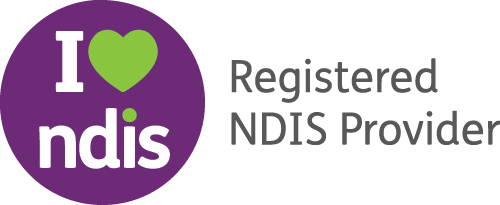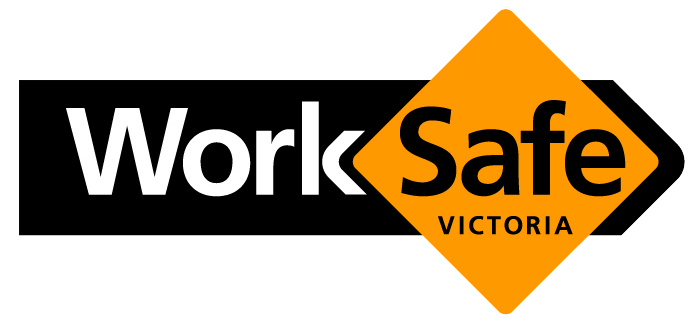NDIS Pricing Changes 2025–26: What Participants and Providers Need to Know
From 24 November 2025, the NDIS will introduce updates to how some supports are priced — including therapy, travel and assistive technology. Your current plan and funding will not change, but you may notice providers adjusting their fees or claiming line items in line with the new price limits.
These changes are part of the NDIA’s 2025–26 Pricing Arrangements and Price Limits. This guide explains what is changing and how it may affect participants and providers, particularly in Victoria, where updated regional classifications (MMM) may influence travel cost eligibility.
Why These Pricing Changes Matter
Each year, the NDIA reviews pricing to ensure:
- Supports remain fair and sustainable
- Claims are clinically aligned and evidence-based
- Participants receive value without unnecessary inflation
The 2025–26 changes focus on resetting therapy rates, clarifying provider responsibilities, and removing outdated COVID-era measures.
Key Pricing Changes at a Glance (From 24 November 2025)
| Change | What’s New |
|---|---|
| Art & Music Therapy Price Cap Reduced | From $193.99/hr → $156.16/hr |
| Allied Health Line Item Clarification | Providers must use specific discipline codes — no more generic “Other Professionals” |
| COVID Addendum Removed | All pandemic-era pricing rules withdrawn |
| Modified Monash Model (MMM 2023) | Regional travel loading now based on updated geography |
| Community Participation Rules Clarified | Recreational or non-therapeutic activities cannot be claimed as therapy |
| Low-Cost AT Line Item Removed | Must be claimed under Core → Consumables |
| SDA Calculator Updated | Indexation now linked to Disability Support Pension |
Impact on Therapy and Allied Health Services
Art & Music Therapy Pricing Reset
The NDIA has reduced maximum rates to align creative therapies with other clinical supports. Providers may adjust session length, pricing models or group structures as a result.
Therapy Claiming – Specific Line Items Required
Use of generic “Other Professional” line items will no longer be permitted. Providers must bill under their registered profession (e.g. Occupational Therapy, Psychology, Speech Pathology), which increases accountability and ensures qualifications match claims.
Assistive Technology (AT) and Consumables
Low-cost assistive technology is still funded, but must now be claimed through Core → Consumables, including:
- Sensory aids
- Small daily living modifications
- Basic communication tools
Participants should check receipts carefully, but do not require a plan review for this change.
Community & Social Participation Clarifications
The NDIA has reinforced that general recreational or social activities cannot be claimed as therapeutic support. Activities such as standard art classes, gym sessions or hobby-based groups are not therapy unless delivered by an allied health professional under clinical goals.
Modified Monash Model (MMM 2023) Impact in Victoria
From 24 November 2025, the NDIS will apply the Modified Monash Model (MMM) 2023 to determine whether providers can claim regional or remote travel loadings. While most metropolitan Melbourne suburbs remain classified as MMM1 (not eligible), some outer-fringe and regional postcodes now fall into higher MMM zones, allowing providers to claim additional travel costs when supporting participants in those areas.
According to the NDIS Pricing Arrangements and Price Limits 2025–26 (NDIA, November 2025), MMM 2023 will be used to assess eligibility for travel and regional loading claims.
NDIS MMM Classifications in Victoria – Example Regions & Postcodes
| Region / Area | Sample Postcodes | Likely MMM Zone | Travel Impact |
|---|---|---|---|
| Inner Melbourne | 3000, 3051 | MMM1 | No loading |
| Yarra Ranges / Chirnside Park | 3116, 3138, 3796 | MMM1–2 | Fringe – possible loading |
| Mornington Peninsula | 3931, 3936 | MMM2 | Limited regional loading |
| Yarra Valley / Healesville | 3777, 3797 | MMM2–3 | Regional loading eligibility |
| Gippsland / East Victoria | 3875, 3953 | MMM3–4 | Higher loading |
| Western Victoria / Wimmera | 3400, 3350 | MMM3–4 | Higher loading |
🛈 These examples are indicative. Always verify MMM classification via the official lookup tool.
What These Changes Mean for Participants
- No immediate action required – Plans remain active
- Therapy users – Ask providers if new rates apply
- Regional participants – Check MMM travel eligibility
- Low-cost AT – Still claimable under Core budgets
What These Changes Mean for Providers
- Update
pricing schedules and service agreements
- Align to correct
allied health line items
- Review
postcodes for MMM loading accuracy
- Ensure programs are not misclaimed as therapy
Frequently Asked Questions (FAQs)
Do these pricing changes affect my current NDIS plan?
No. Your existing plan remains valid. Prices may change, but your budget remains in place.
Will I lose therapy hours due to the price reduction?
Not necessarily. In some cases, lower hourly rates may extend therapy hours. Speak with your provider.
Do I need to request a plan review?
Only if your provider advises that your funding is no longer sufficient. For most participants, no review is required.
Does this affect travel for my support workers?
Only if you live in an area reclassified under MMM 2023, check your postcode using the MMM lookup link above.
Are these changes part of the NDIS Review reforms?
Yes. These updates support the “Getting the NDIS Back on Track” initiative focused on accountability and value.
Need Support Navigating These Changes?
If you are supported by Hand in Hand Support Coordination in Melbourne, you can contact us directly with any questions about how these pricing changes may affect your plan or supports. We are committed to transparency and clear guidance.
Call 1800 841 144 or
email us here.

We hope this blog was useful.
Hand in Hand Support Coordination specialises in personalised NDIS Support Coordination for participants with complex mental health and physical disabilities across Melbourne and Victoria, focusing on Level 2 and 3 support to create tailored support that aligns with goals and budget.




